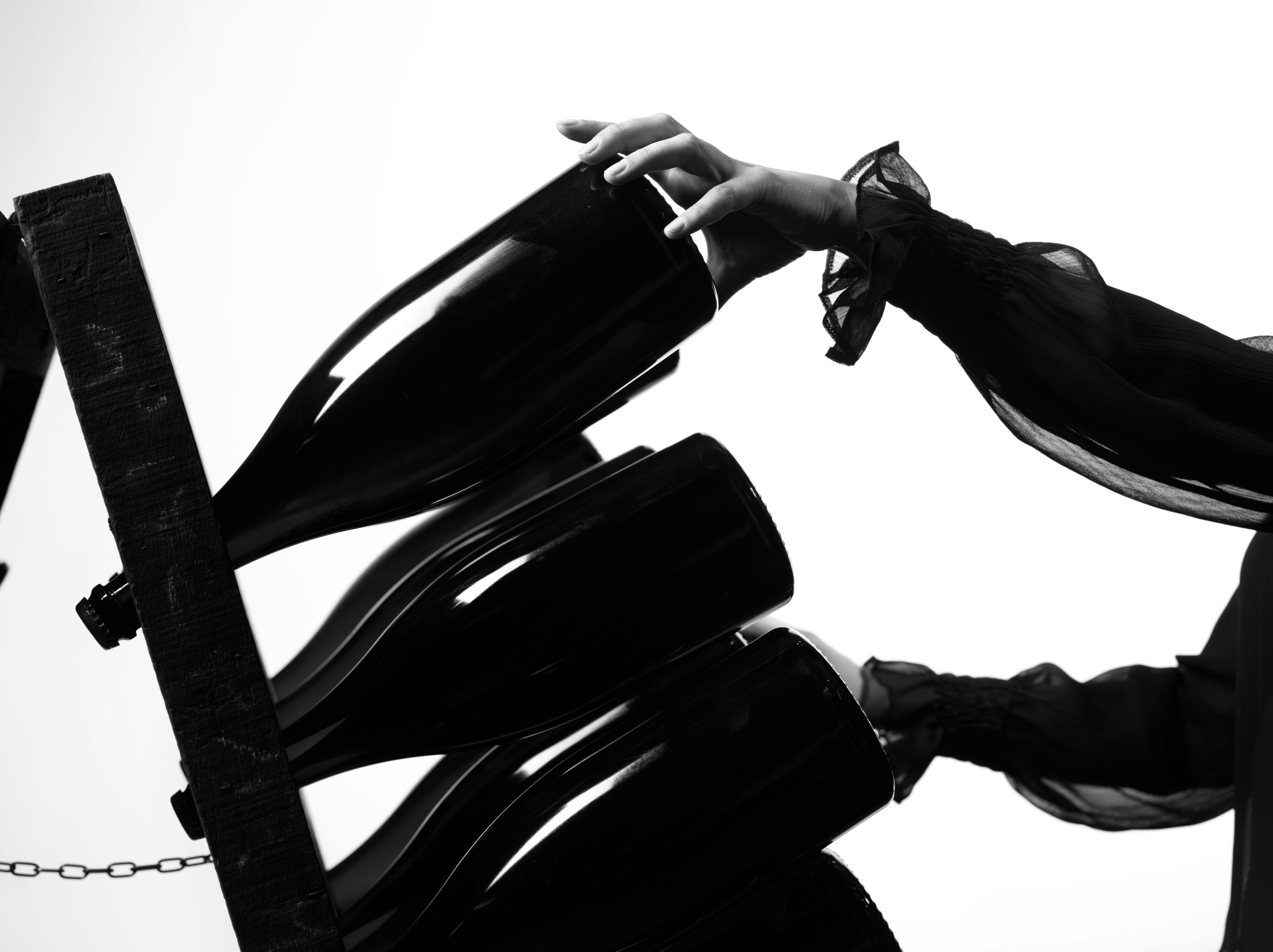Tax rises fuel alcohol fraud
The horrific explosion at an illicit vodka plant that caused five deaths last month in Boston, Lincolnshire, throws up questions about Britain’s punitive tax levels on alcohol.
Excise duties and VAT levied on alcohol rake in about £15 billion a year for the Treasury, which is approaching 3% of the government’s total annual revenues. It is a huge sum, but if every penny of the government’s drink tax take were devoted to paying off the Ministry of Defence’s accumulated budget overspend, it would take three years to wipe the slate clean.
HM Revenue & Customs said earlier this week that fraud, illicit production and smuggling cost the Treasury about £600 million a year in lost revenue, or more than 6% of what it derives from drink taxes – little surprise then that the authorities are intent on cracking down on the tax dodgers, and rightly so.
But the Treasury itself cannot be absolved of all culpability for the rising levels of illicit production, counterfeiting and smuggling. David Bolt of the International Federation of Spirits Producers said recently: “There is evidence that the counterfeiting of alcohol in the UK is being taken over by organised gangs who set up factories and make it on an industrial scale.”
The implication is that so lucrative is the faking business that the risk/reward ratio to criminals is sufficiently attractive to take big risks both personally and financially, let alone with consumers’ health. At the same time, the Wine & Spirits Trade Association, says: “There is no escaping the connection between the duty rises since 2008 and the introduction of the tax escalator and the rising level of counterfeit and fraud.”
It is said that the Law of Diminishing Returns will eventually mean that the higher taxes go, the less the Treasury will derive from them – that drinkers will be unable or unwilling to afford to maintain consumption levels and that a tipping point will be reached and tax returns will start falling. We have not reached that level yet, but the latest evidence suggests that day is getting nearer.
Partner Content
There is no doubting that the Treasury regards alcohol as a milch cow. For instance, duty on beer has been increased by 35% over the past three years. In the 12 months to June beer sales by volume were 7.1% lower than in the preceding year, but in April, May and June the trend accelerated with sales 10% lower than in the same period in 2010. It is no coincidence that duty and VAT have put up the price of the average pint by 10p this year.
Now consider the WSTA’s latest sales figures. In the year to 14 May, spirits volumes were flat but revenues were up by 6%, not fully reflecting the extent of the duty and VAT hikes this year. Wine sales were 2% lower but revenues rose by 3%. So while the Treasury is gaining extra revenue from increased taxes, the growth rate is not matching the level of the tax hikes. The curve is flattening out.
The key to economic recovery, says chancellor George Osborne, is to get the economy moving again and create jobs. Extra duties are having the opposite effect as well as encouraging illicit production, faking and fraud.
Beef up the prevention by all means, but look at the root cause.
Next time around, rethink the excise duty escalator and leave drink taxes unchanged. That will mean the Law of Diminishing Returns will start to work against the criminals and in favour of the taxpayer.




